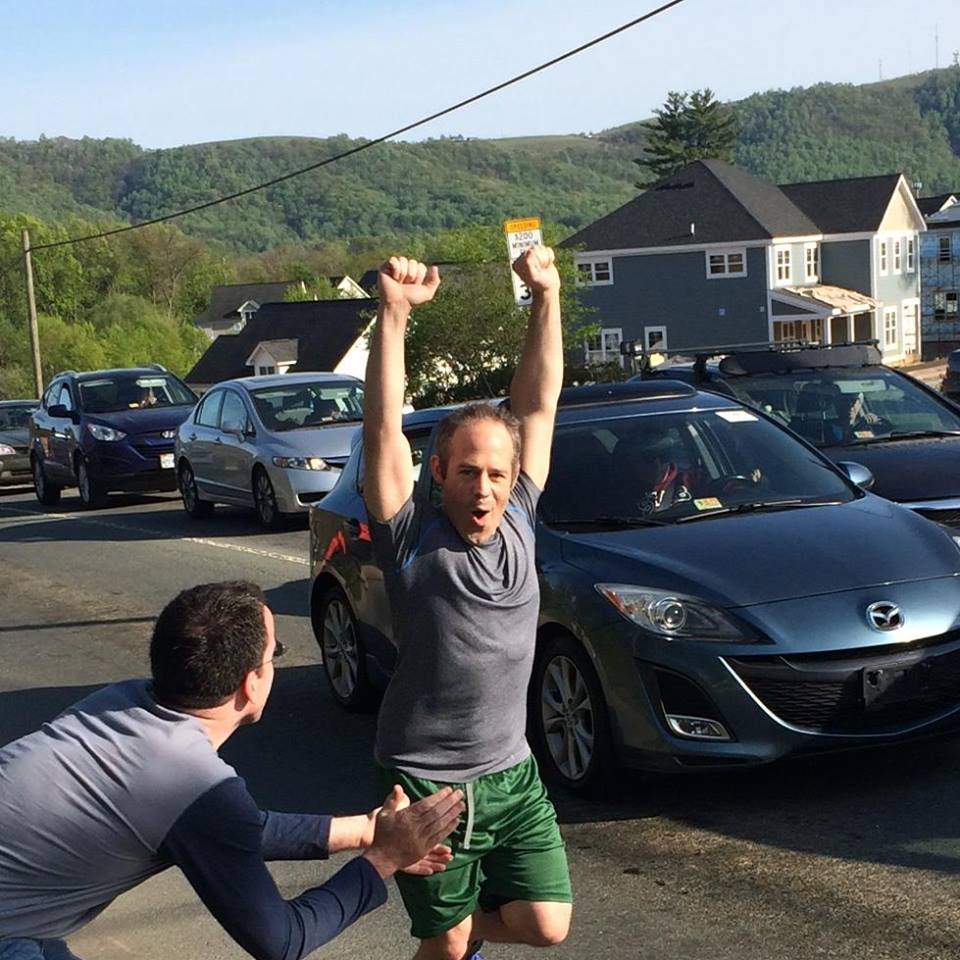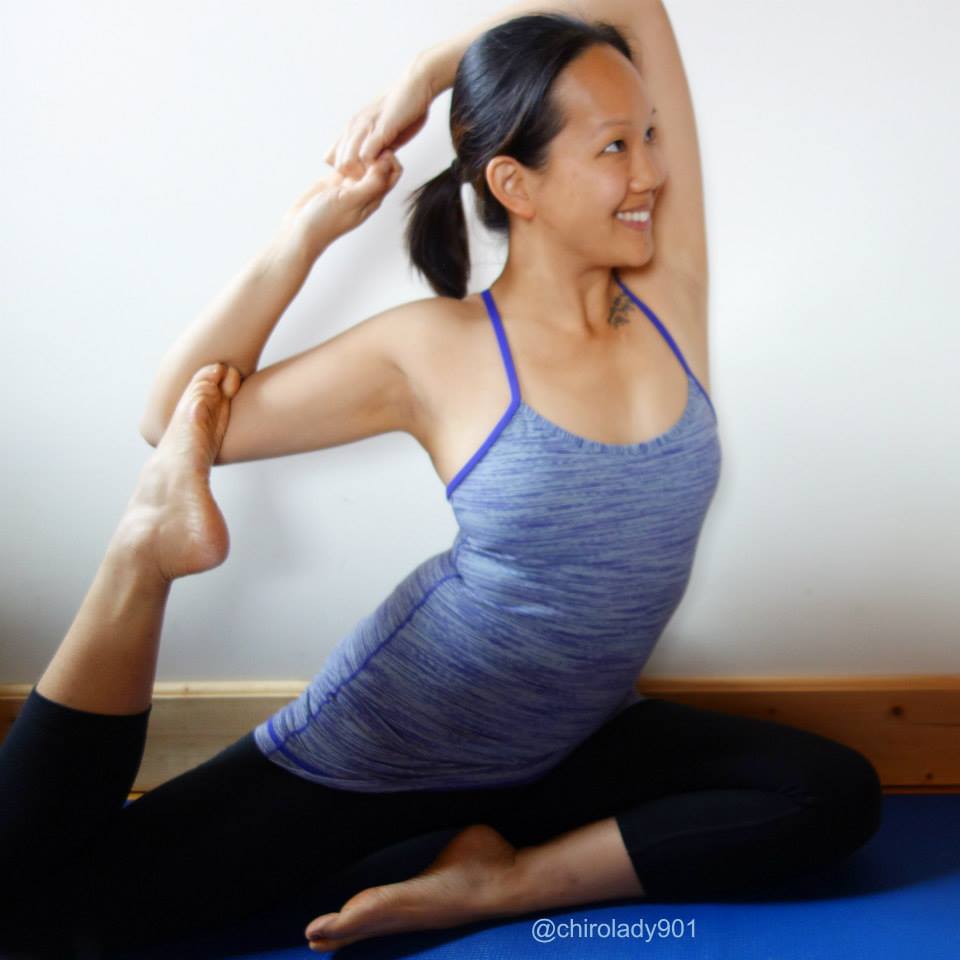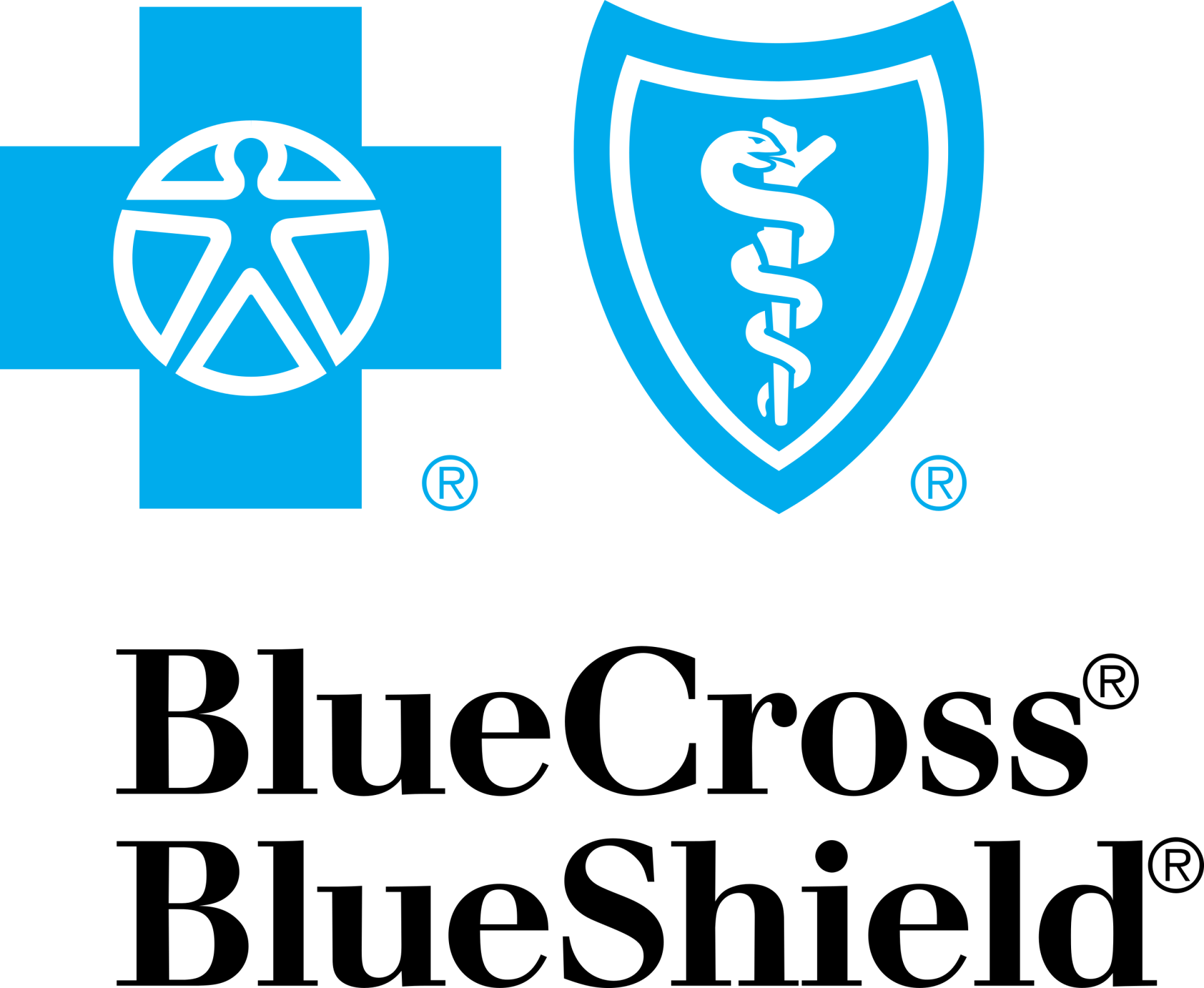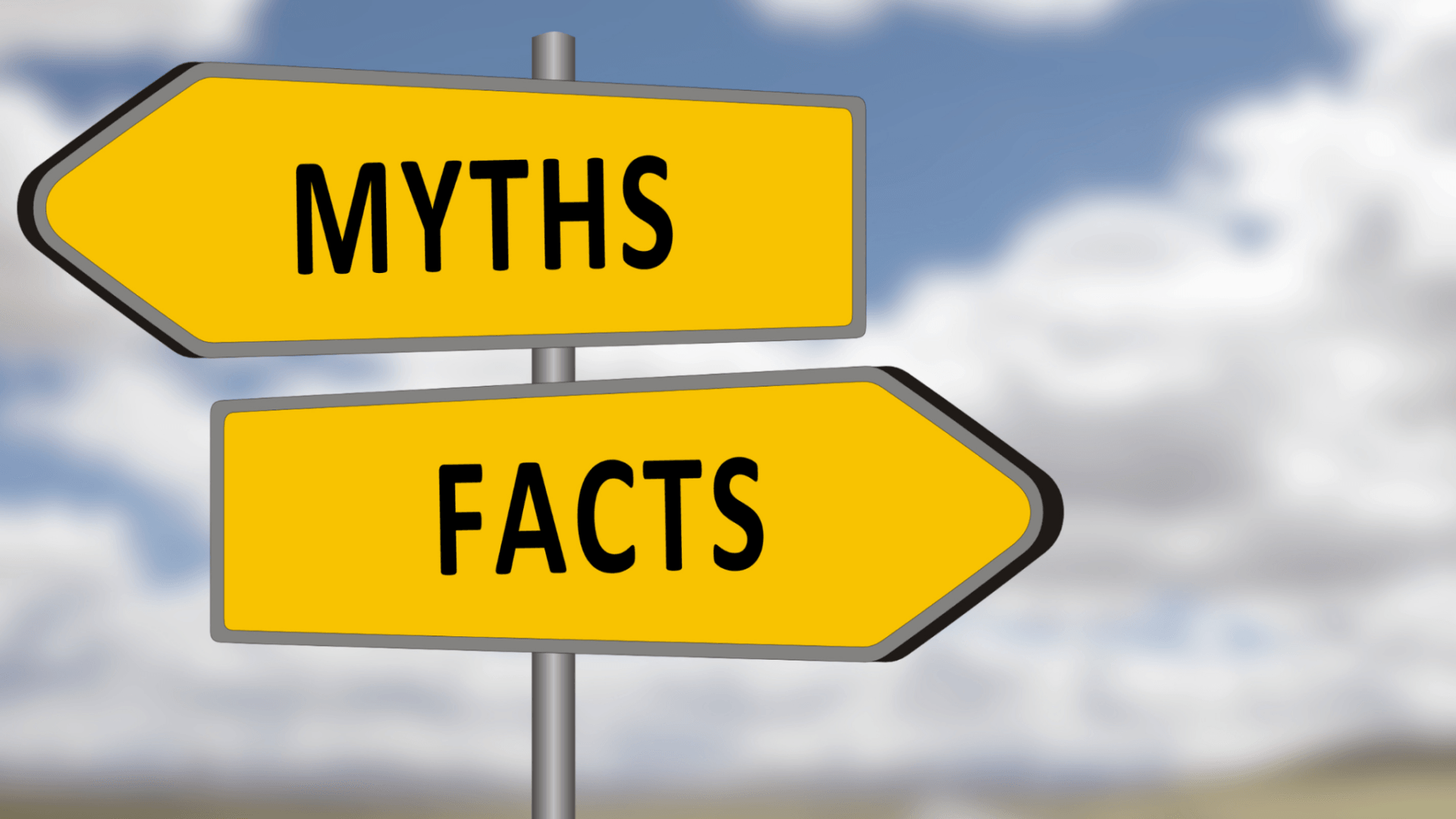Holiday Stress Management
Holiday Stress Management
The end-of-the-year holiday season may be the best time of the year, but it can also be one of the most stressful. Decorating the house and hosting parties and attending your children’s holiday pageants is a lot to keep up with. Learning about holiday stress management to take care of ourselves during stressful times is a tool that will serve as well throughout our lives and its seasons.
Here are six stress relief techniques that I’ve found helpful.
1.Be Positive.
In my Thanksgiving blog , I mentioned the power of gratitude in keeping us healthy. Turning our attention to the good things in our lives and even in our day-to-day interactions promotes a sense of overall well-being.
Think of it as gratitude meditation. People who meditate often talk about the “monkey mind.” This is when our minds, like hyperactive monkeys, begin swinging between thoughts about the past and future instead of being in the present moment. Similarly, during stressful times we might be even more inclined than usual to focus on what is causing us anxiety. We have the ability, though, to recognize that we are doing this and remind ourselves of what is good in our lives.
What will help you bring your monkey mind back to gratitude? Some people find keeping a journal helpful. There are also several apps that can help you focus on positivity. Happier.com is a great website and app for cultivating positivity.
2. Organize and prioritize.
If your brain feels full trying to remember all the things you have to do and it is weighing you down (all that information gets heavy after awhile), get your to-do list down on paper (or the Notes function on your phone).
Does that idea sound overwhelming? Perhaps you need to say no to some activities this holiday season. Sometimes we remain disorganized to protect us from facing the reality: we’re simply trying to do too much.
Organize your to do list, then prioritize what is most important. Let go of the rest. You’ll be better able to enjoy what matters most this holiday.
In an article on stress management , the Mayo Clinic gives this good advice on how to say no: “If you have a hard time turning down requests, try saying, ‘No, I can’t do that now.’ Don’t hesitate — be direct. If an explanation is appropriate, keep it brief.”
3. Communicate with people who care about you.
A recent study found that having a best friend present during a stressful situation prevented a spike in cortisol , the hormone that is released when we are stressed.
The Mental Health Center at the University of Texas points out, “Talking with someone else can help clear your mind of confusion so that you can focus on problem-solving.”
Hanging out and talking with supportive friends and family make us better able to deal with stress.
4.Relax.
But it’s also important to take time to allow your body and brain to rest. Take a bath, listen to music, dance, or take a walk just for fun. A recent study found that practicing yoga and meditation is particularly helpful in helping us relax and relieving stress and anxiety.
Find what relaxes you and enjoy it.
5.Exercise .
The positive connection between exercise and less stress has been proven by study after study. Just type “effect of exercise on stress” into Google, and you’ll see what I mean. Articles by the American Psychological Association and Anxiety and Depression Association, emphasizing the power of exercise to relieve and prevent stress , will be a couple of the first results to pop up. A Harvard Health Publication even advises, “ Exercising to relax ”!
Whether it is thirty minutes of intense cardiovascular training or a good stretch and lifting weights, moving your body is one of the best tools you have to reduce stress. If exercise isn’t already part of your routine, it is perfectly appropriate to start small. A short walk during lunch time or a coffee break will be enough to begin stress reduction in your body. 
If you are already active, keep it up – and remember that high intensity exercise helps you more effectively process cortisol out of your body! (Read more about high intensity interval training in my blog 8 Tips to a Healthy Weight and Active Life. The article includes links to HIIT routines.)
6.Address the physical symptoms of stress .
Stress shows up in our bodies. Headaches, jaw pain, neck and upper back and shoulder pain are common physical manifestations of stress. This discomfort can itself raise cortisol levels, throwing us into a stress-pain-stress cycle. Practicing these holiday stress management techniques can really help with this.
Chiropractic care, such as spinal manipulation, can relieve many of these painful issues, as can therapeutic and relaxation massage. Along with exercise, chiropractic and massage will help our bodies be pain-free and stress resilient, so that we can enjoy the holidays and every day. Other practices like yoga, pilates and meditation can also be very helpful.
Book a chiropractic adjustment and a massage today with Balance Chiropractic and Physical Therapy by calling (434) 293-3800 or emailing info@balancechiropracticva.com.











